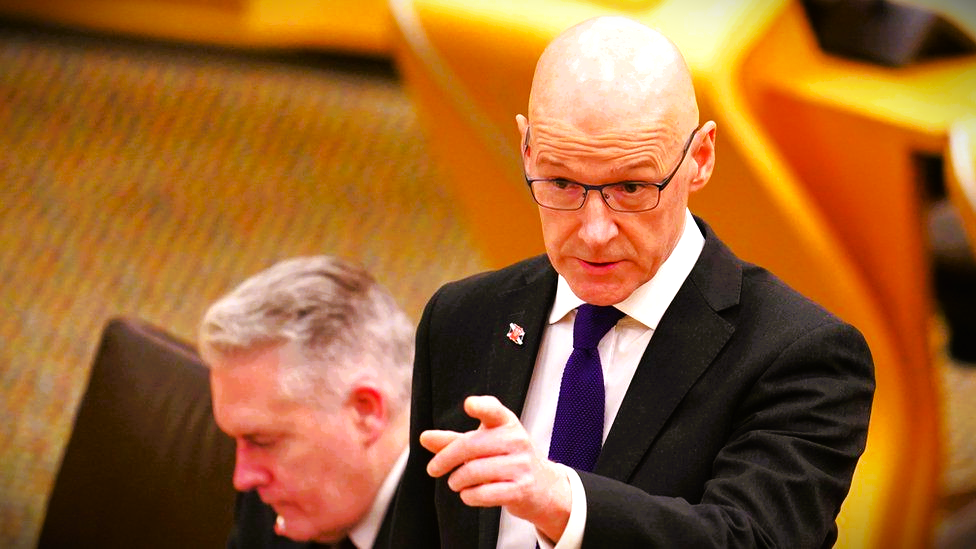Scotland’s First Minister, John Swinney, has issued a stark warning regarding the UK Government’s recent immigration proposals, describing them as a “critical economic threat” that could undermine the country’s economic stability and public services.
Earlier this month, the Prime Minister published a new White Paper outlining plans to tighten immigration controls, including extending the required residency period before individuals can apply for settled status, ending visa schemes for overseas care workers, and reducing the post-study work period for international graduates. These measures have sparked significant concern in Scotland, where the demographic and economic context differs markedly from other parts of the UK.
Speaking at a conference on Thursday, Swinney emphasised the challenges posed by an ageing population and a shrinking working-age demographic, highlighting the crucial role immigration plays in sustaining Scotland’s labour market. “I am profoundly concerned by the direction of travel that is being taken on migration,” he stated, underscoring the need for a more nuanced approach that recognises regional labour market dynamics.
In a meeting with the Prime Minister last Friday, Swinney conveyed Scotland’s position directly, stressing that migration policies must support, rather than hinder, efforts to maintain a balanced and productive workforce. He cited data from the social care sector, where 26% of the workforce is composed of migrant workers, as a clear illustration of the sector’s reliance on immigration. “If those individuals are not able to make a contribution to our social care system, then I don’t know how we will deliver a social care system in Scotland,” he warned.
The First Minister further highlighted the wider economic risks posed by restrictive immigration policies. Without access to a steady flow of skilled and essential workers, Scotland’s economic growth and prosperity could be significantly impaired. “I can see a significant economic threat to our prosperity if we do not have a more mature approach to immigration,” Swinney concluded. “This is a deadly serious issue for all of us.”
This divergence between Westminster’s immigration agenda and Scotland’s demographic and economic needs underscores ongoing tensions between the devolved government and the UK administration. Scotland faces unique challenges related to its ageing population and labour shortages, issues that many argue require tailored immigration policies rather than a one-size-fits-all solution.
The UK Government has yet to respond to Swinney’s concerns. However, the debate over immigration policy’s impact on Scotland’s economy and public services is likely to intensify as the implications of the White Paper become clearer.




